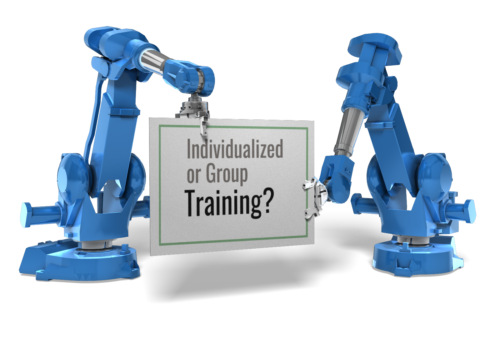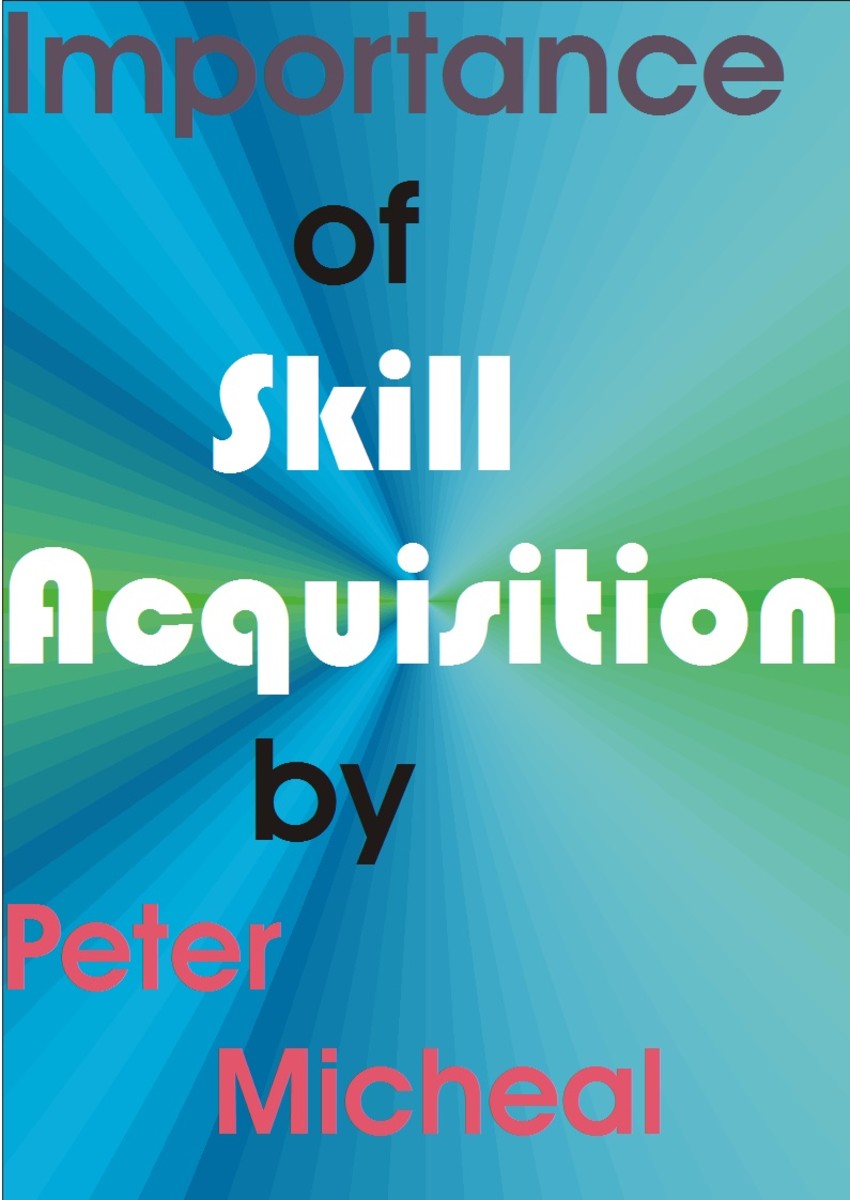Training for Consulting Careers

Business or Consulting or Both at the Same Time?
A role as a consultant offers a practical choice for those interested in a business career. Consulting can also involve more specialized choices such as a small business finance consultant. How to go about preparing for careers like this is likely to be a significant issue (especially when prospective trainees have been impacted by the poor performance of some previous training experiences). Many recent college graduates are waiting in a long employment line because an expensive university approach to career training did not work as expected. Even for those currently employed, there are likely to be lingering doubts about whether they have been adequately trained to move into a new occupation should the need arise.
One major career change during the last 10 years has been an increasing interest in part-time positions. This has primarily been an involuntary response to an erratic employment market in which work hours have been reduced and traditional jobs have been eliminated. When pursuing new careers or training for them, it will be prudent to explore positions that can be part-time or second jobs.
Plan B
Whether you are concerned about your career or almost anything else, some practical planning advice is “Always have a Plan B." Such an approach builds upon the possibility that something unexpected can go wrong. It will be helpful to prepare in advance by having a contingency plan. Do you have a Plan B for your own career?
All plans should be reviewed frequently and revised as appropriate. Because unexpected changes have been occurring throughout the world economy, it will be prudent to have multiple backup strategies. For example, consider whether you should also have a Plan C and D.
Consulting Often Involves Improving the Bottom Line
Taking Time-outs
The value of taking a time-out to review your career path is often overlooked. To be accomplished effectively, this will first require a candid assessment of what you have already done and how that worked out as a reality check. Be prepared to acknowledge the advantages and disadvantages of continuing the status quo.
During a time-out, some of the questions to ask yourself include the following:
- What if something goes wrong with my current job?
- What is my Plan B?
- What new business skills do I need?
A Quote Quiz
view quiz statisticsMilitary Career Transition Strategies
The feasibility of military personnel transitioning to a small business finance consulting career is summarized in the following educational video. Military transition to business alternatives are often described as extremely limited, so any improvement in this situation is a much-needed one. As described in the presentation below, specialized career training is likely to be needed to ensure that this career choice is as effective as possible.
When looking at current problems and risks in society, inadequate employment choices continue to be among the most critical issues. This is particularly relevant to military personnel who are attempting a career transition from military service to civilian employment. The role of a college education in society also comes into focus when examining the current challenges of a military to civilian transition.
Three Career Trends That Have Changed Everything
During the past 30 years, there has been a steady change in several important factors that have collectively altered the landscape for jobs and economic prosperity. Here are three of the most striking illustrations of negative trends that have persistently chipped away at financial security for current and prospective employees in virtually every occupational sector:
- Banks have changed how they view lending, risks and investments.
- College costs have increased beyond the reasonable capacity of most to pay.
- Perhaps most surprisingly, job prospects have steadily diminished even when individuals have an expensive college education in hand.
The news about jobs and employment has not been positive for several years. While there are several underlying reasons for this, one of the biggest impacts was due to banks taking excessive financial risks and the ensuing banking bailout. Jobs were permanently eliminated in both banking and many other industries as a result of the bank crisis. Many traditional careers have effectively disappeared, and job security is no longer readily available by many career paths that were reliable for so many years.
New Career Training Solutions
Military personnel are highly likely to understand the need to seek practical and realistic solutions to a problem of any kind. When it comes to a prospective military to business transition, it is becoming more difficult with each passing year to view an expensive university degree as a practical and realistic solution to an imminent career change. The growing ineffectiveness of spending several years in a high-cost college environment only to then experience disappointing jobs prospects has eventually reached a point where it is no longer an easy or automatic decision to include college in realistic career planning.
Two practical and prudent problem-solving observations to consider in regards to ongoing military transition challenges involving banks, employment, education and careers are the following:
- New career training problems are likely to require new solutions. For example, cost-effective specialized individualized training to replace ineffective and expensive group training.
- Albert Einstein's definition of insanity: "Doing the same thing over and over again and expecting different results."
For an effective and successful military to civilian career transition strategy, the most realistic approach should include a candid assessment of both old and new solutions. For those willing to accept the wisdom of Albert Einstein and many others, please remember that different results are more likely with fresh ideas and strategies.
Prevention of Zombie Business Problems
Mental Toughness for Career Development
A career planning process is likely to qualify as one of the settings that require an extra dose or two of mental toughness. Finding a new career can be simultaneously stressful, rewarding, frustrating and exciting. It is also an activity that has become more common for many individuals because of volatility in the economy and employment markets. An effective career training process involves a delicate balance of collaboration, negotiation, planning and management. Asking the right questions is a critical piece of this career puzzle. However you approach career training — for consulting or anything else — don't overlook the need for a little more "toughness" than you normally exhibit.

Individualized or Group Training?
When reviewing business consulting careers and possible career training programs, an inevitable difference will be whether they involve group or one-to-one approaches. Group teaching (should) almost always cost less than an individualized approach (this is the point where you might stop and ask why colleges are so expensive given their almost total reliance on a group format). In any case, the more specialized the required skills are, the more likely that one-to-one coaching and development is needed. For example, small business finance consulting is a highly specialized occupation that is much more likely to require individual preparation in order to achieve desired results.

Summary: Career Training
Here is a summary of key observations about career training:
1 — Always have a Plan B.
2 — Taking a time-out can be helpful when considering difficult choices.
3 — Strategies should be regularly reviewed, revised and updated.
4 — A consulting career training program can be a practical strategy for acquiring critical business skills, but prudent choices must be made by each individual since the experience and abilities of others will be a key component in determining results and success.
When you're through learning, you're through.
— John WoodenTransitioning to a Consulting Career
© 2012 Stephen Bush





